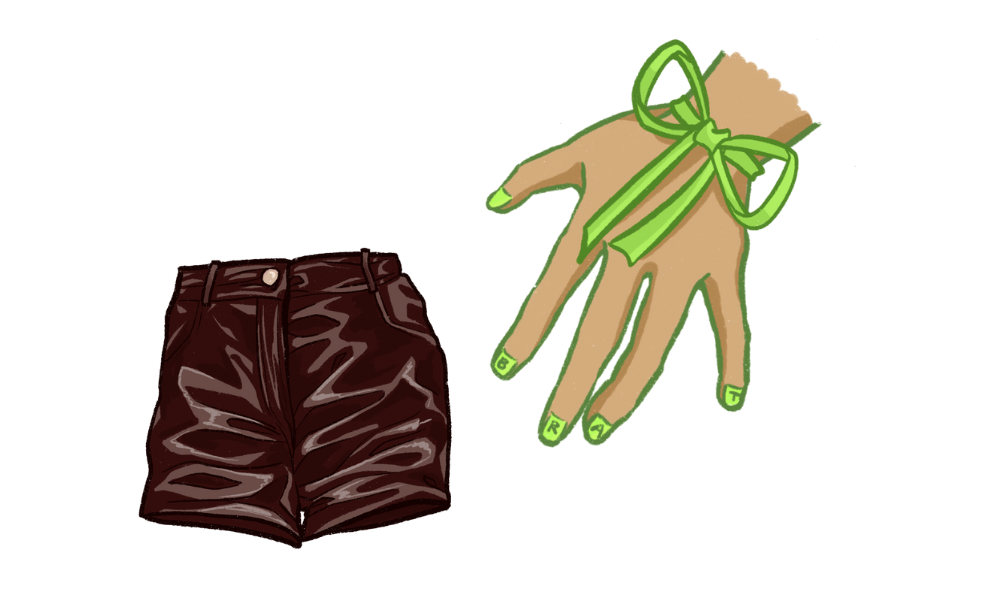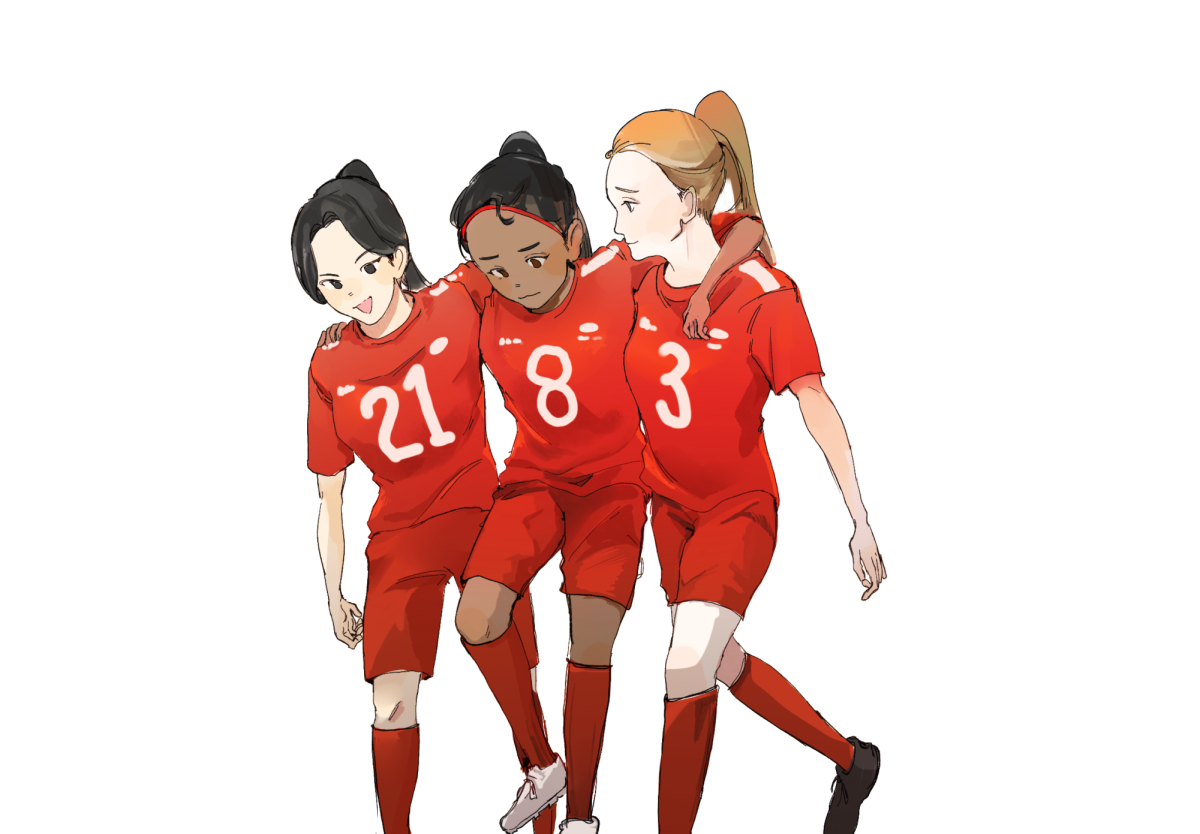Kindness encompasses many qualities, such as generosity, selflessness and empathy. The most important aspect of kindness, however, is giving — whether it’s material gifts or good deeds — without expecting anything in return.
According to AP Psychology teacher Warren Collier, kindness has physical benefits: People who are kinder tend to live longer and have better health, whereas people who are more adversarial and competitive tend to suffer from health problems and have shorter lifespans. He noted that even small displays of kindness toward others go a long way.
“This is one of the most consistent findings in all of psychology, which is that when we make a person feel good or better about themselves, they are much more likely to do good things for others,” Collier said. “It’s a two-way street, so when a person does good things for someone else, that also makes them feel better and happier.”
Although many choose to show their kindness through material gifts, these items do not provide people with long-term happiness. Collier confirmed that people are excited when they get something new, as they are not yet used to owning the item.
Eventually, though, the new purchase becomes normal and uninteresting, which tempts the receiver to buy something new to feel the earlier excitement again.
In order to avoid this vicious cycle, Collier suggests gifting experiences. Whether it’s going on a vacation, attending a concert or simply going out to eat with loved ones, the experience itself will be more valuable than a material good.
Another way to practice kindness is through gratitude. Expressing gratitude toward others is a simple, yet effective, way to spread positivity. English teacher Paul Dunlap encourages gratitude through a short activity in which students write down three things they are grateful for at the beginning of each class. Then, he has his students think about each one for 15 seconds.
Over a decade ago, Dunlap decided to start practicing gratitude every day and see how it impacted his life. He realized that the more he took time to appreciate small things, the happier and kinder he was. To spread this knowledge to those around him, Dunlap introduced the Sources of Strength Thankfulness Challenge to his students.
“I found that the more I stopped to say what I was thankful for, I took things for granted less,” he said. “I have so many things that I can be thankful for, and that adds resilience. When I find myself thinking negatively, I force myself to say, ‘But I have a house, I have a family, I have friends,’ and it just changes your thinking. Other people respond positively to that too. If they see that I’m willing to be thankful for something, it seems like other people say, ‘Maybe I should too.’”
While the holiday season may encourage generosity, it is important to remember that kindness should be something people take part in year-round.
“Homeless shelters, soup kitchens and other similar places see a gigantic spike in donations during the holidays, but at the same time, that also means people don’t give nearly as much during the other times of the year,” Collier said. “If only we could balance it out.”


































